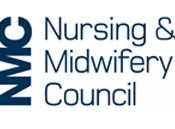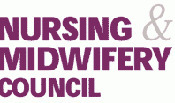Introduction:This paper intends to discuss the case of a patient who, due to their religious beliefs, chooses to refuse a life saving blood transfusion even though staff have explained, in full, the consequences of their decision. Instead, the patient, fully understanding these consequences, requests that staff do whatever they can, using alternative measures. Later, the patient loses consciousness, and the question arises, should the staff give the patient the much needed transfusion, according to the nurse's code of conduct to preserve life, or respect their right to autonomy in that the patient had given an advanced refusal of treatment.
The discussion will centre on the legal and ethical issues involved with regards to the patient's rights of refusal of treatment, taking into account the concepts of consent, capacity of consent, best interests and non-maleficence.
Ethical Theories, Principles and The NMC Code of Conduct:When confronted with a situation such as this, the registered professional nurse must ensure that they do not make moral decisions arbitrarily.
They should ensure that in their deliberation they make use of relevant principles in conjunction with the Nursing and Midwifery Council's (NMC) Code of Professional Conduct. Beauchamp and Childress (1994), define four main principles - respect for autonomy, beneficence, non-maleficence and justice - plus attention to the scope of each of them. Whilst these may not be able to provide an answer to a particular moral dilemma, they can give us a basis from which to be able to work out our answers. When confronted with a moral problem we must consider the relevance of each of these principles, Gillon (1994) suggest that this will ensure we do not omit any relevant moral concerns.
It may be argued that in the interests of beneficence and acting in accordance to the utilitarian theory proposed by Jeremy...


